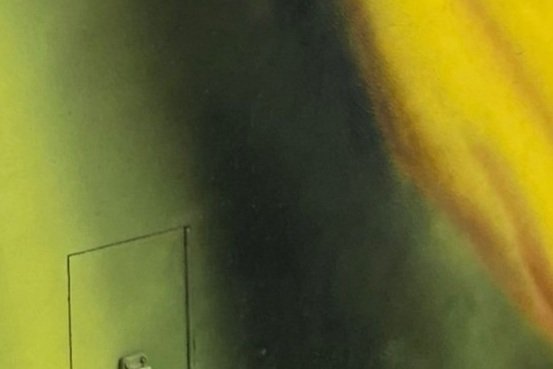
social impact research
BIPOC Record Label Incubator
with APOCALIPSIS
As a brand strategist and researcher for APOCALIPSIS, I generated a detailed media narrative contextualizing the structural inequalities in the music industry which would serve as a foundational asset for our social impact initiative, a BIPOC record label incubator program. This narrative was used to highlight the necessity of such a program to investors, potential partners, and various media outlets. As the foundation for this media narrative, I designed and executed quantitative and qualitative research on the marginalization of BIPOC in the music industry. While conducting my research I identified the lack of intersectional statistics in existing literature and produced data on Afro-Latinx erasure, a topic that hadn’t been given proper attention. I seamlessly weaved statistics, history, and cultural analysis into a compelling narrative that exposed the historic and contemporary racial inequalities in the American music industry. I then was able to effectively translate this dense research into a sleek client-ready presentation that secured the interest of high-profile investors.
Housing Justice
in Washington Heights
As a Research Strategist at the CUNY Dominican Studies Institute (DSI), I played a key role in the housing research team, conducting ethnographic and archival research that contributed to the publication of two monographs examining the impact of gentrification on Dominican communities in Washington Heights/Inwood. These works received significant media attention and became essential resources for stakeholders engaged in housing policy and community advocacy.
Recognizing a gap in our archival reconstruction methods, I led a strategic shift from relying primarily on photo archives to utilizing the Coleman Business Directory, allowing for a more efficient and comprehensive historical reconstruction of the Washington Heights Neighborhood. Additionally, I conceptualized and developed an interactive digital map to visually demonstrate the effects of gentrification in Washington Heights, making our research more accessible and engaging for the public.

